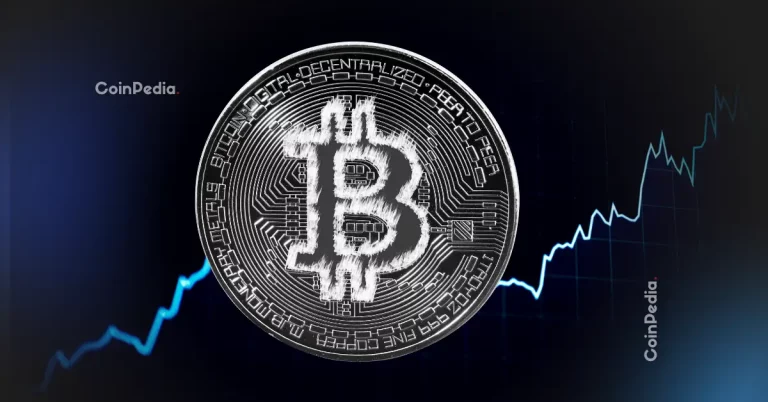
Navigating the Future: Emerging Trends in Fintech Technology
Fintech technology is rapidly changing the way we think about finance. With the rise of digital payments, blockchain, and artificial intelligence, the future of finance is looking brighter than ever. In this article, we will explore the emerging trends in fintech technology and how they are shaping the future of finance.
Introduction to Fintech

Fintech, short for financial technology, refers to the use of technology to improve and automate financial services. From mobile payments to cryptocurrency, fintech has been revolutionizing the way we think about money. With the use of fintech, individuals and businesses can now access financial services from anywhere in the world, at any time.
Emerging Trends in Fintech

There are several emerging trends in fintech that are worth noting. Some of the most significant trends include:
- Blockchain technology: Blockchain technology is a decentralized, digital ledger that allows for secure and transparent transactions. It has the potential to revolutionize the way we think about finance and could potentially replace traditional banking systems.
- Artificial intelligence: Artificial intelligence is being used in fintech to improve customer service, detect fraud, and provide personalized financial recommendations. It has the potential to greatly improve the efficiency and effectiveness of financial services.
- Mobile payments: Mobile payments are becoming increasingly popular, with many people using their smartphones to make payments on the go. This trend is expected to continue, with mobile payments becoming a major player in the financial services industry.
- Cryptocurrency: Cryptocurrency, such as Bitcoin and Ethereum, is a digital or virtual currency that uses cryptography for security. It has the potential to revolutionize the way we think about money and could potentially replace traditional currencies.
Benefits of Fintech

There are several benefits to using fintech, including:
- Increased accessibility: Fintech has made it possible for individuals and businesses to access financial services from anywhere in the world, at any time.
- Improved efficiency: Fintech has automated many financial services, making them faster and more efficient.
- Reduced costs: Fintech has reduced the costs associated with traditional banking, making it more accessible to individuals and businesses.
- Increased security: Fintech has improved the security of financial transactions, reducing the risk of fraud and identity theft.
Challenges Facing Fintech

Despite the many benefits of fintech, there are still several challenges facing the industry. Some of the most significant challenges include:
- Regulation: Fintech is still a relatively new industry, and there is a lack of regulation and oversight. This has led to concerns about the security and stability of fintech companies.
- Security: While fintech has improved the security of financial transactions, there is still a risk of fraud and identity theft.
- Adoption: Fintech is still a relatively new concept, and many people are hesitant to adopt new technologies.
- Competition: The fintech industry is highly competitive, with many companies vying for market share.
Conclusion

In conclusion, fintech technology is rapidly changing the way we think about finance. With the rise of digital payments, blockchain, and artificial intelligence, the future of finance is looking brighter than ever. While there are still several challenges facing the industry, the benefits of fintech are clear. As the industry continues to evolve, we can expect to see even more innovative solutions to financial problems.






